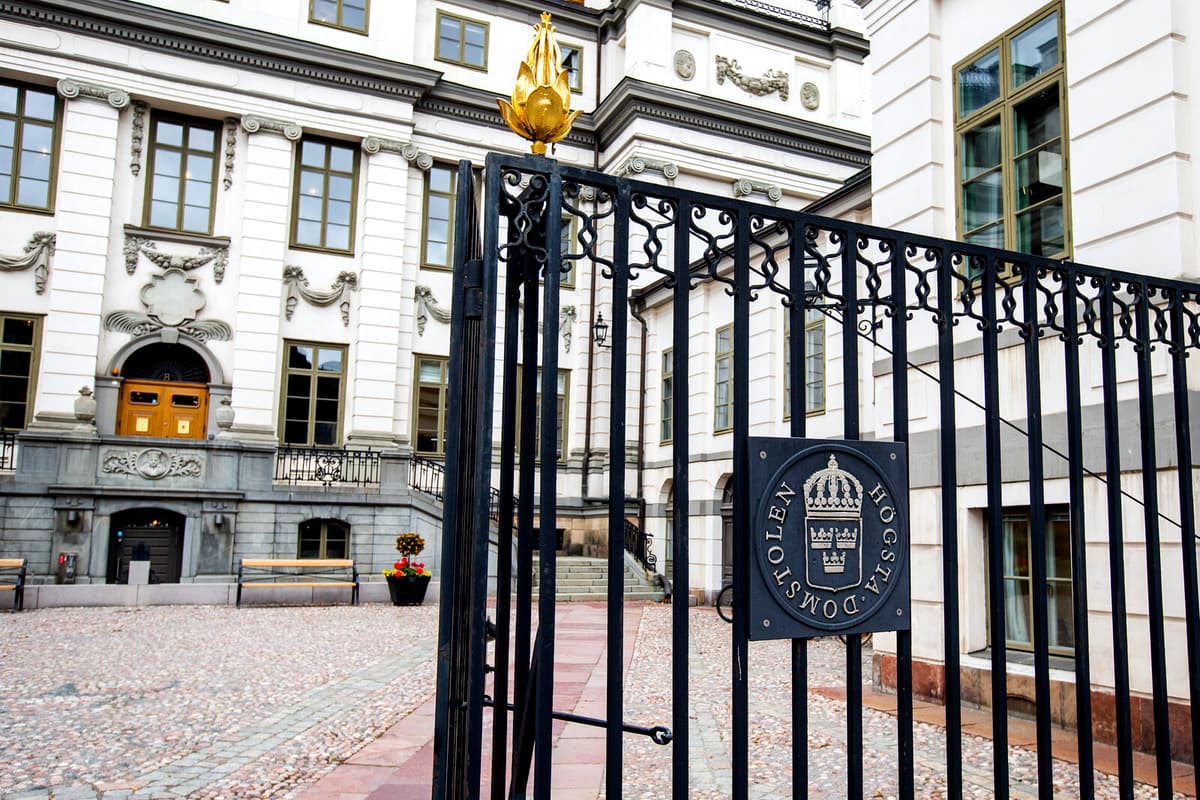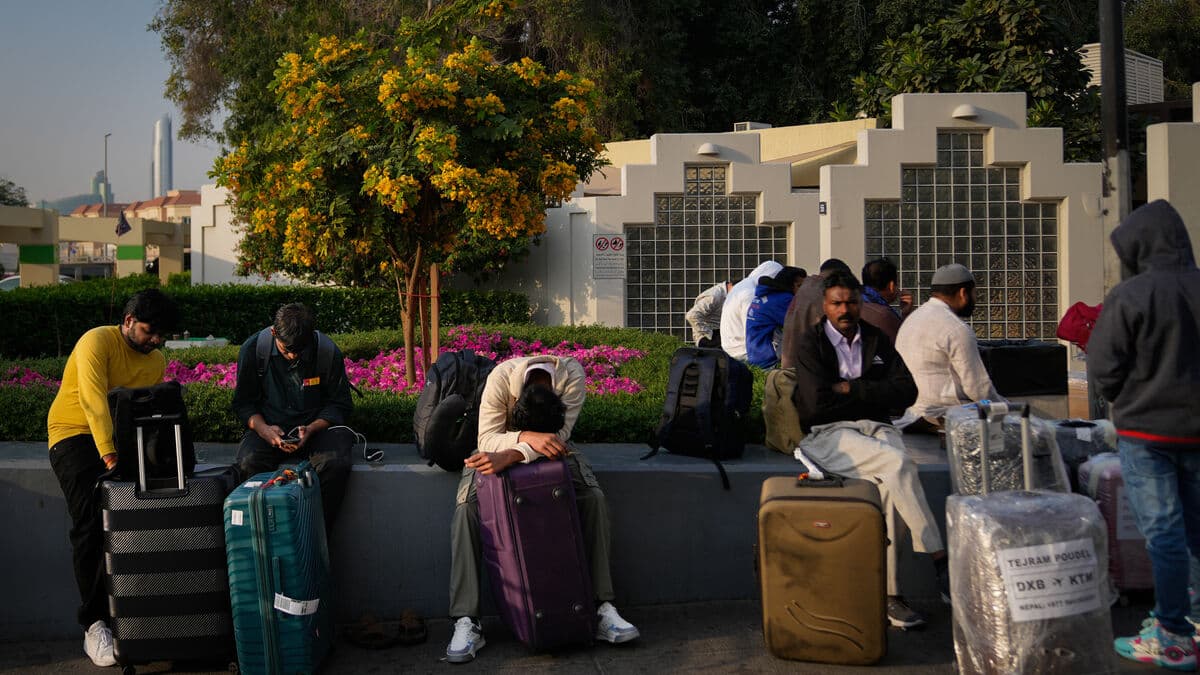The case concerns the youth-led organization Aurora, which, in a group lawsuit involving around 300 people, claims that the climate efforts are insufficient and therefore sued Sweden, demanding action.
The Supreme Court finds that a court cannot decide that the government or parliament should take a certain action, but it is up to the governing bodies to make decisions independently.
However, the court could, in a climate case, come to the conclusion that the Swedish measures are not sufficient and establish that Sweden is thereby violating someone's rights according to the European Convention, says Jonas Ebbesson at Stockholm University.
One of many
In recent years, hundreds of climate lawsuits have been filed with courts around the world, targeting companies and governments that, according to the plaintiffs, should be held accountable for their climate actions.
A ruling from the European Court of Justice last spring, for example, provides the possibility, under certain conditions, to bring a climate lawsuit against the state.
However, the fact that this case involves a group lawsuit initiated by an individual, and not by the association itself, is significant, according to the Supreme Court.
Those who have joined this group do not make it clear in their application how they would have been affected. One can imagine that they live in vulnerable areas – coastal areas or flood-prone areas – but there is nothing that distinguishes these people from others, says Ebbesson.
Maybe can be rephrased
The Supreme Court does not, however, rule out the possibility of formulating a climate lawsuit in a different way, and that it could then be taken up in a Swedish court.
I think this message may put a damper on things for a while. It takes a lot of energy to drive this type of process, both in terms of engagement and perhaps also financially. But one of the most important things in this ruling is that the Supreme Court does not close the door to climate processes in Sweden, says Ebbesson.
Ida Edling, spokesperson for Aurora, says that they understand the reasoning from the Supreme Court.
We will, of course, carefully examine this decision and choose the best legal path forward. For our struggle is not over, it is a burning planetary crisis, and we will continue to try to get Sweden to take its legal responsibility.
The Aurora case is a court process where the youth-led organization Aurora, through a group lawsuit, has sued the Swedish state at the Nacka District Court.
Around 300 people believe that the state is not doing enough to combat climate change and that it is not meeting several climate targets. This, in turn, endangers the right to life, health, and development of children and young people according to the European Convention.
Aurora wants the court to order the state to take certain measures to reduce Sweden's greenhouse gas emissions.
The Chancellor of Justice (JK), who represents the state, requested that the Aurora case be dismissed, and the district court referred the question to the Supreme Court, which ruled that the case could not be tried in a Swedish court.






